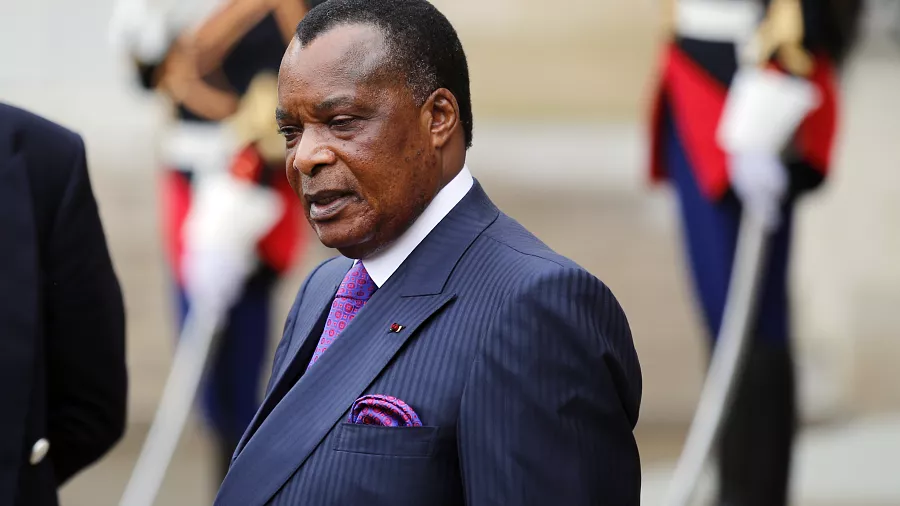The government of Congo-Brazzaville has vehemently denied recent claims of a coup attempt against President Denis Nguesso, who has held office for an uninterrupted 39 years. These allegations surfaced on social media, suggesting a coordinated effort by the military to remove the 79-year-old leader from power. President Nguesso was attending the 78th session of the United Nations General Assembly in New York when these rumours began circulating.
In response to these allegations, Information Minister Thierry Moungalla took to social media on Sunday to dismiss them unequivocally. He stated, “The government categorically denies the spread of false information. We wish to reassure the public of the prevailing tranquillity and encourage everyone to carry on with their daily activities calmly.” The government’s official website also published a statement reaffirming its rejection of any reports regarding an attempted coup.
Recent months have witnessed a surge in coup d’états across the African continent, with the most recent occurrence taking place in neighbouring Gabon, where military forces assumed control in August. In light of this regional context, the allegations against President Nguesso have received significant attention.
Denis Nguesso came to power in this oil-rich Central African nation through a military coup in 1979. Although he faced a temporary setback in 1992 when he lost Congo’s initial multi-party elections, he later reclaimed power in 1997 following a period of civil conflict.
The government’s prompt response to the coup allegations highlights their determination to maintain stability in the country. Congo-Brazzaville has experienced relative peace and economic growth under President Nguesso’s leadership, making it crucial for the government to refute any claims that could undermine the progress achieved.
While social media plays a significant role in shaping public opinion, it is essential to exercise caution and verify the accuracy of information before drawing conclusions. In the case of the alleged coup, the government’s swift denial should be considered a substantial piece of evidence supporting their claims.
Furthermore, Congo-Brazzaville’s close proximity to Gabon, where a recent coup took place, may have contributed to the spread of these rumours. The situation in Gabon may have heightened concerns and led to the circulation of false information. However, it is vital to ensure that rumours and speculation do not overshadow the facts.
As the global community grapples with the covid-19 pandemic, political stability becomes even more crucial. The Congolese government’s reassurances regarding public tranquillity aim to maintain normalcy and prevent any disruptions that could hinder efforts to combat the pandemic.
President Nguesso’s presence at the United Nations General Assembly also underscores the country’s commitment to international cooperation and diplomacy. In his address to world leaders, he emphasized the importance of collective action in addressing global challenges such as climate change and achieving the Sustainable Development Goals.
The Congo-Brazzaville government’s swift and unequivocal denial of the coup attempt allegations against President Nguesso demonstrates their commitment to maintaining stability in the country. The prompt response serves as a reminder to remain cautious when consuming information from social media platforms and to prioritize verified sources. With neighbouring countries experiencing political turmoil, the Congolese government’s efforts to reassure the public and encourage calm are crucial for maintaining progress and effectively responding to the challenges at hand.





